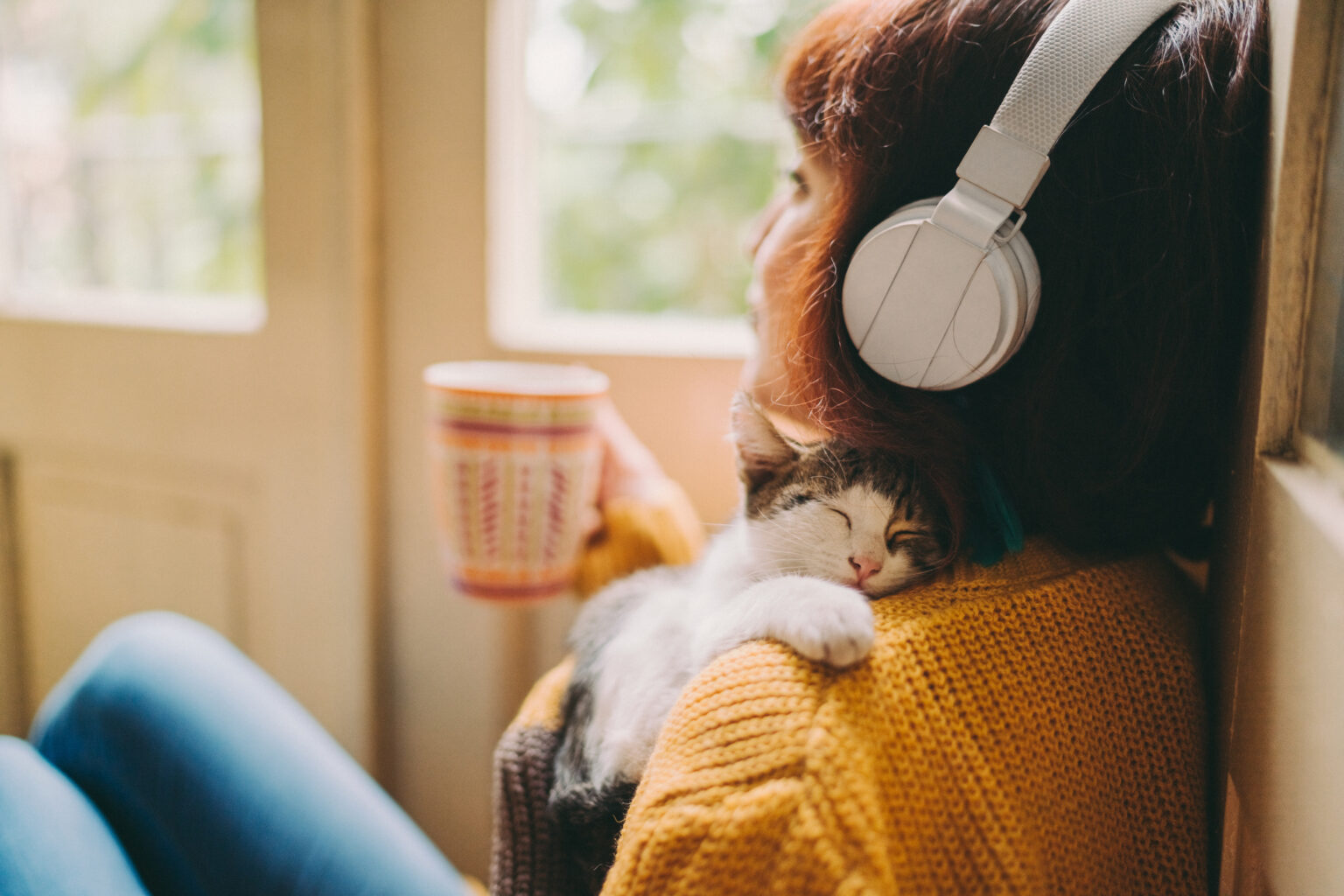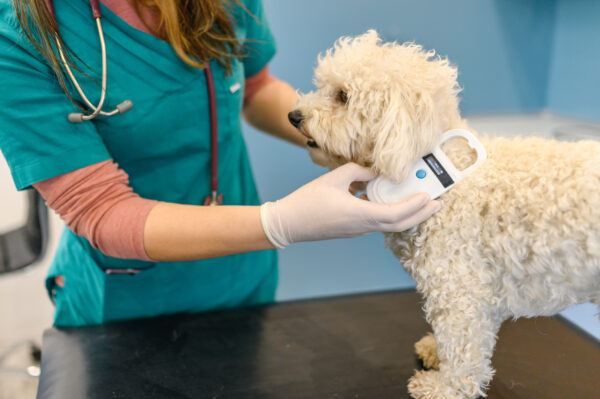Separation anxiety is common in cats when their routine changes and their owner is suddenly not as available as they used to be. A cat with separation anxiety might insist on being with you at all times, get vocal when you get ready to leave the house, or greet you over enthusiastically when you return. Are these behaviours you recognise? Don’t worry, here’s what you can do to help.
What causes separation anxiety in cats?
Cats can be solitary creatures who are happy to hang out on their own for some time, but like every other animal, some are more social than others. And while separation anxiety is far more common in dogs, it’s not uncommon to see cats become anxious when there’s a change in their routine (cats like predictability, as it helps them feel safe). For example, cats may get stressed when moving to a new home or when left alone for longer than they’re used to.
Signs of separation anxiety
- Over-attachment to the owner, following from room to room.
- Distress when the owner prepares to depart.
- Crying, moaning or meowing right after the owner has left.
- Hiding more than usual.
- Refusing to eat when left alone.
- Toileting outside of their litter tray.
- Cystitis (this can be caused by stress).
- Vomiting in the owner’s absence.
- Compulsive self-grooming.
- Destructive behaviour like clawing and scratching.
What should I do if my cat has separation anxiety?
It’s important to see your vet if you observe any of the signs above, especially if your cat is clearly in distress, not like herself or urinating little and often. This is to make sure their change in behaviour is not due to an underlying physical problem.
If no medical problems are found, the next step would be to enrich your cat’s environment through play, giving them plenty of opportunities for mental and physical stimulation. Here are some ideas:
- A scratching post will cover your cat’s need to scratch and climb.
- An assortment of toys will keep them busy.
- A treat puzzle toy will keep their mind alert while also rewarding them.
- Hiding catnip around the house will satisfy their curiosity while making for an unexpected surprise.
Is there anything else I can do?
Definitely – here are other great ways to help ease your cat’s anxiety in addition to play:
Stick to a regular routine: If your cat is anxious because the kids are returning to school or you’re at the office more, create a new routine where mealtimes, playtime with their human family, brushing, etc. are always around the same time. This will help make their day predictable, which can help them feel safe.
Teach them independence: This can be done gradually by not making a fuss when you leave and return home (always try to remain calm), and leaving the house for a few minutes at first, then gradually increasing the time you’re away.
Provide little comforts: A comfortable bed is essential, and if your cat is really nervous, you may want to try building them a pet den (a ‘cosy corner’ they can retreat to when they’re feeling anxious). We find that giving your cat a spot on a windowsill for them to sit and look outside is the ultimate form of feline entertainment. So is giving them outdoor access with a cat flap. Leaving the radio on a low volume with a soothing voice or music can also help make cats feel less on edge.
Try a natural calming product: Calming products are gentle but effective. They won’t make your cat’s anxiety disappear on their own, but used alongside the tips in this article, they can really help make a difference. Here’s a quick summary of the most popular treatments:
Feliway
Feliway products use cat-appeasing pheromones similar to the ones a mother releases with her kittens, which, when released in the air, give cats a sense of comfort. The Feliway diffuser should be placed in the room where your cat spends most of their time, and will release its scent over an area of 50 to 70 square metres. When plugged in, it’s clinically proven to create a calm environment and reduce inappropriate behaviour.
You can use Feliway on its own, or in combination with a natural supplement, for example:
Zylkene
The active ingredient in Zylkene is derived from a protein found in milk, and works to support your pet when they are feeling stressed or vulnerable. It comes in powder form, packaged in capsules which can either be fed whole or with a meal/treat once a day.
Dorwest Scullcap & Valerian tablets
A licensed herbal medicine for the symptomatic relief of anxiety, nervousness, excitability and travel sickness, and an adjunct in the treatment of epilepsy in dogs and cats. It is invaluable to calm and relax dogs and cats suffering from excitability, apprehension, hyperactivity and phobias, such as those from fireworks, thunderstorms or gunfire.
YuMOVE Calming Care
YuMOVE’s natural, scientifically proven ingredients help your cat cope with stress. It’s ideal for pets who are fearful of other cats, strangers, new family members, visits to the vet, new situations and car travel. Suitable for long-term and short-term use.
Slowly but surely
We hope you find these tips helpful. As fellow cat owners, we know it can be heartbreaking to see your cat struggle. Use positive reinforcement like treats and praise, and never punishment, which will make them more anxious. As with any change of routine, it’s always better to take things slow.
If your cat’s anxiety persists, your vet may recommend medication or refer you to a specialist behaviourist. Remember, patience goes a long way while you find the best solution.



